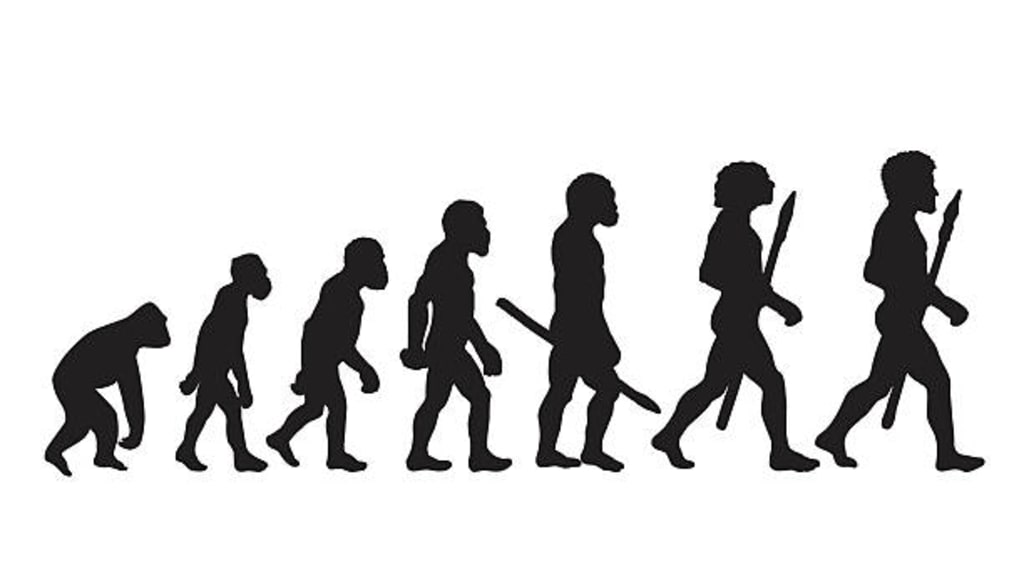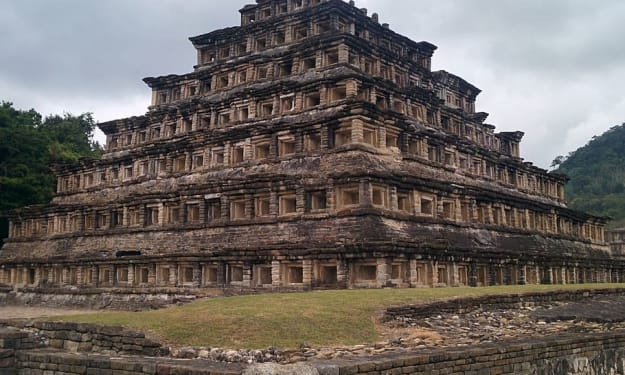The Journey of Humanity.
The Journey of Humanity: From Ancient Origins to Civilization.

Introduction:
Have you ever wondered about the fascinating journey of humanity and how we evolved over time? In this article, we embark on a captivating exploration of our past to understand the process of human evolution and the birth of civilization. From our closest relatives, the chimpanzees, to the emergence of early human settlements and the dawn of civilization, each stage of this remarkable journey has shaped the world we know today.
The Ancient Ancestors:
Chimpanzees, our closest relatives in the animal kingdom, share significant DNA similarities with humans. It is believed that humans and chimpanzees diverged from a common ancestor millions of years ago. While chimpanzees continued to thrive in their natural environment, early humans embarked on a unique evolutionary path.
The Dawn of Humanity:
Modern humans, or Homo sapiens, have inhabited the Earth for approximately 300,000 years. The first modern humans emerged in Africa around 50,000 years ago and gradually migrated to other regions, seeking new environments where ice and snow were absent, leading to settlements in Europe, Asia, and beyond.
The Agricultural Revolution:
Around 12,000 years ago, a monumental shift occurred in human society with the advent of agriculture. Farming allowed humans to settle in one place, leading to the development of villages and societies. The Fertile Crescent, an area encompassing modern-day Iraq and Iran, witnessed the beginnings of farming, marking the transition from a nomadic lifestyle to a settled one.
Metalworking and Trade:
The discovery and mastery of metals, such as copper and bronze, propelled human civilization to new heights. The Bronze Age, characterized by advancements in metallurgy and technology, enabled the creation of tools and weapons that fueled trade and commerce between different civilizations. Bronze became a crucial component of various cultures' artistic expression and utility.
The Rise of Ancient Civilizations:
Mesopotamia, one of the earliest cradles of civilization, gave rise to the Sumerian civilization. The Sumerians excelled in various fields, including writing (using cuneiform script), architecture, and mathematics. They established city-states with advanced forms of governance and developed organized religious practices, making significant contributions to human progress.
The Mesopotamian Legacy:
Mesopotamia's accomplishments laid the foundation for subsequent civilizations, including the Assyrians, Babylonians, and Persians. Each of these civilizations contributed unique cultural, artistic, and architectural achievements, leaving an indelible mark on human history.
The Quest for Knowledge:
As societies developed, knowledge and learning flourished. Ancient scholars in Greece and Egypt made remarkable advancements in various fields, such as philosophy, astronomy, mathematics, and medicine. The quest for knowledge became a defining characteristic of human civilization.
The Emergence of Kingdoms and Empires:
As civilizations expanded, kingdoms and empires emerged. Notable empires, like the Roman and Persian empires, showcased impressive military prowess and administrative capabilities. The Roman Empire, in particular, made significant contributions to engineering, governance, and law, leaving a lasting legacy that influenced future civilizations.
The Pursuit of World History:
In our endeavor to provide comprehensive insights into world history, we aim to cover various aspects of humanity's journey. Through succinct yet informative videos, our channel seeks to make learning accessible and engaging for all. From ancient origins to the rise and fall of great civilizations, we aim to illuminate the diverse tapestry of human history.
Conclusion:
The story of humanity is a tale of resilience, adaptation, and innovation. From humble beginnings as hunter-gatherers to the sophisticated civilizations that shaped the course of history, every chapter of our journey has contributed to the mosaic of human progress. Understanding our past enables us to comprehend our present and chart a course for the future. As we explore the annals of history, we are reminded of the richness of human experiences and the enduring spirit that continues to drive us forward. So, let us embark on this fascinating journey together, unraveling the mysteries of the past and celebrating the collective achievements of humanity.






Comments
Young Writer is not accepting comments at the moment
Want to show your support? Send them a one-off tip.